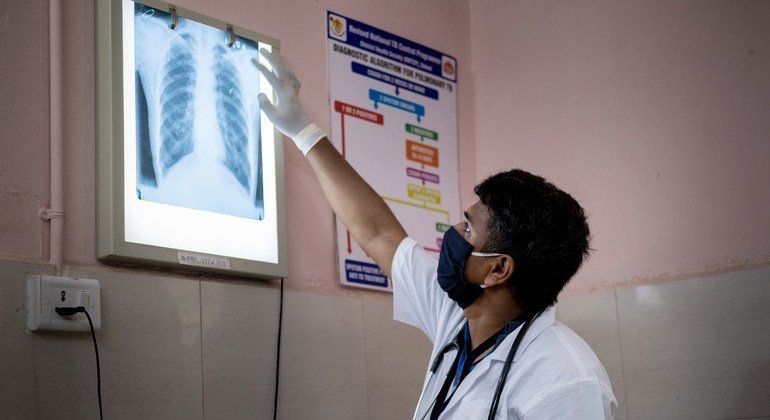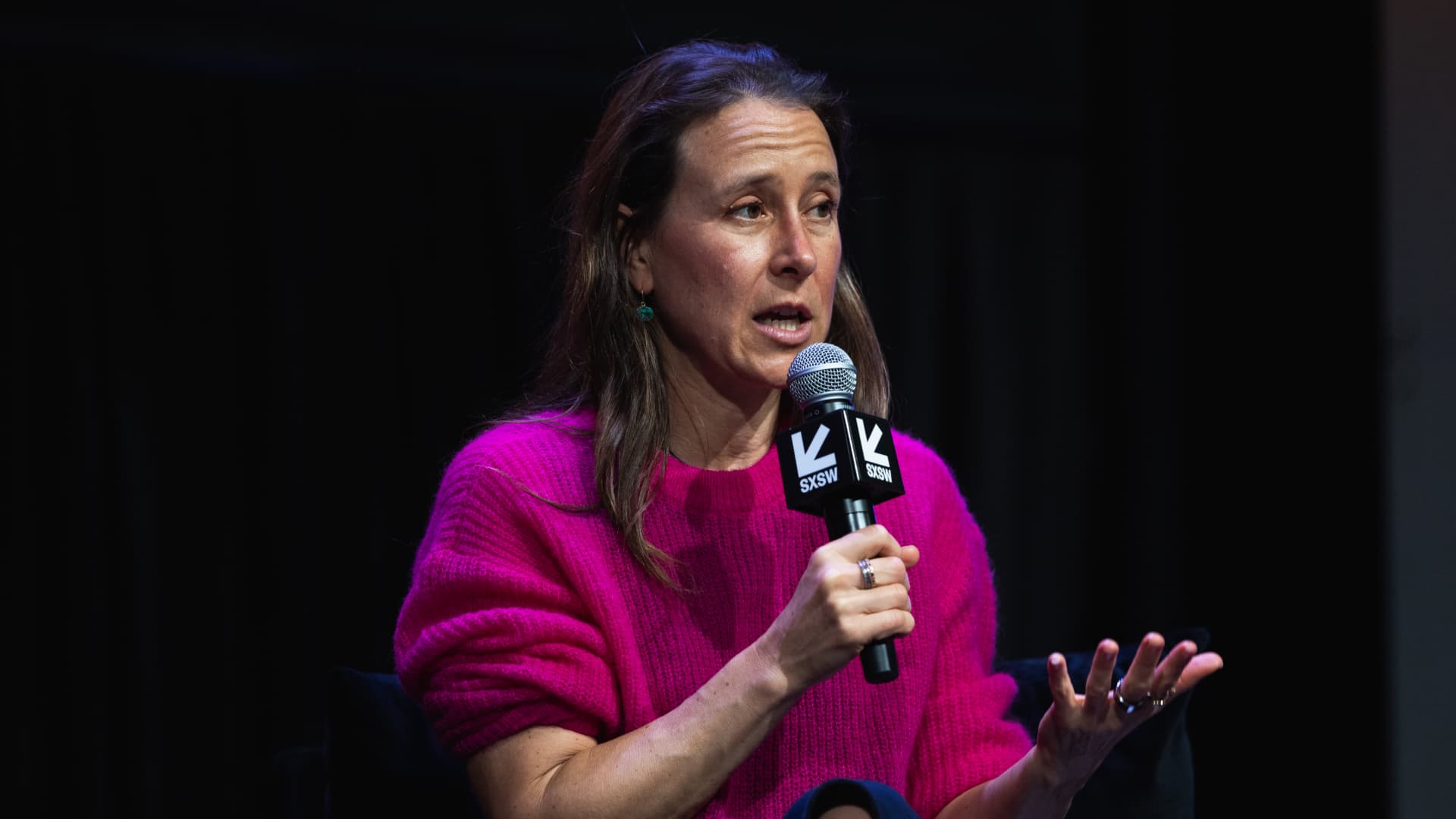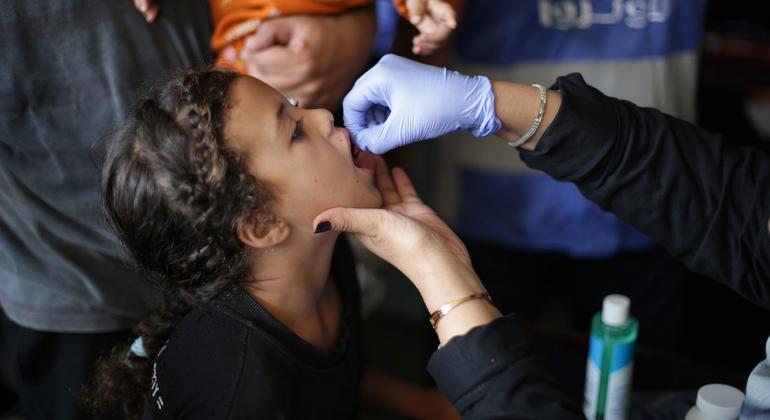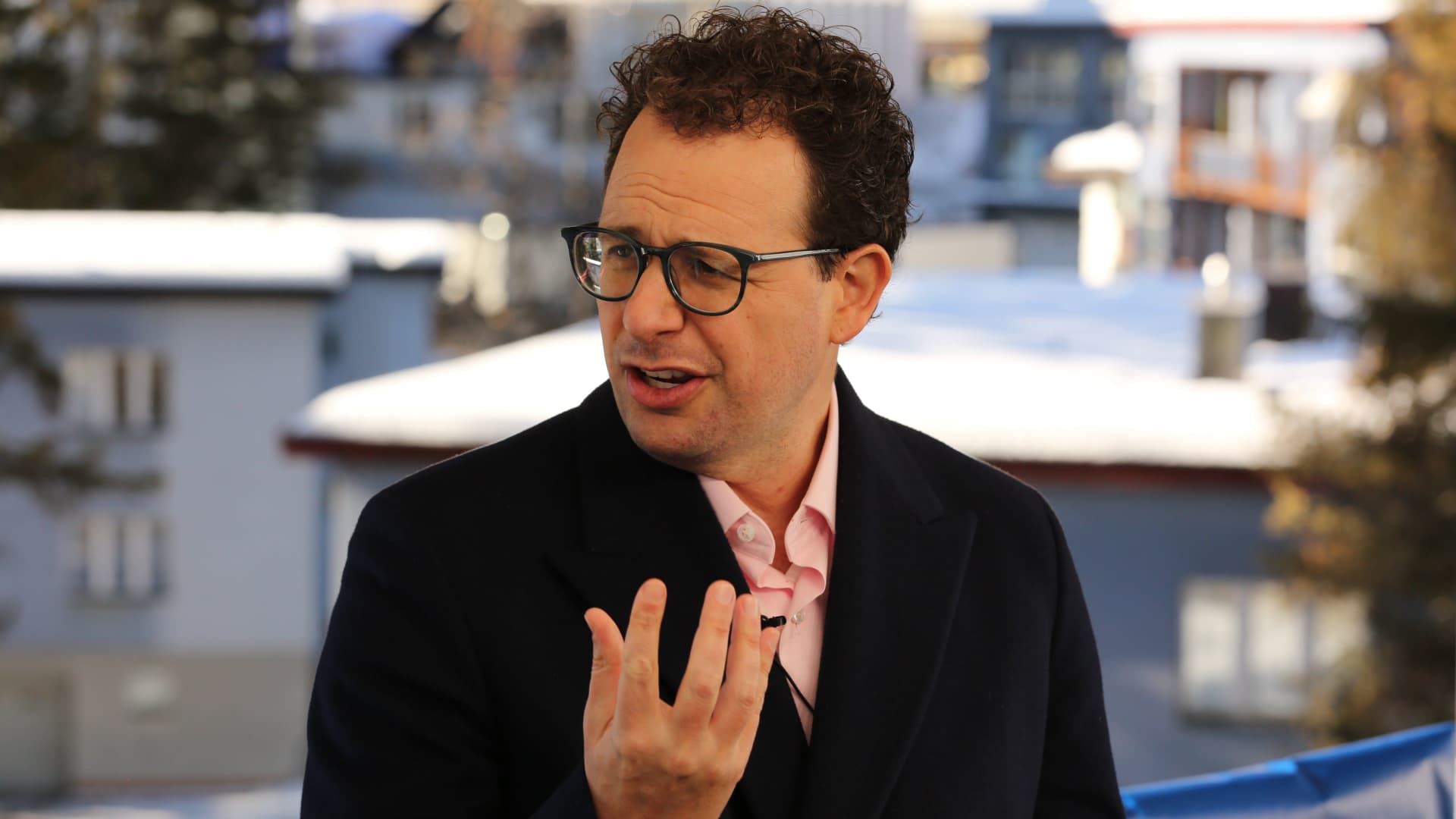A relatively modest new investment could generate significant economic and health benefits, with up to $39 in benefits for every dollar invested, the UN agency said, announcing the findings of a study conducted in Brazil, Georgia, Kenya and South Africa.
The benefits go beyond the monetary and encompass substantial improvements in public health outcomes and mitigation of the devastating impact of tuberculosis on individuals, families and communities.
“The investment case outlines the health and economic rationale for investing in evidence-based, WHO-recommended interventions for tuberculosis detection and prevention. that can contribute to the advancement of universal health coverage”said WHO Director-General Tedros Adhanom Ghebreyesus.
“Today, We have the knowledge, the tools and the political commitment that can put an end to this ancient disease. which continues to be one of the main causes of infectious death in the world.”
Crucial Promotion Tool
While significant progress has been made in combating the disease, with approximately 75 million lives having been saved since 2000, tuberculosis continues to cause around 1.3 million deaths a year and affects millions more around the world.
Furthermore, multidrug-resistant tuberculosis (MDR-TB) is a growing public health problem: only two in five people will have accessed treatment by 2022.
Progress in developing new TB diagnostics, drugs and vaccines remains limited by the overall level of investment in these areas, WHO said, adding that it is clear that much more needs to be done to combat TB.
In this context, its investment case is expected to serve as a vital advocacy tool to secure increased resources for the detection and preventive treatment of tuberculosis, in line with the commitments made by governments at the High Level Meeting on TB. Tuberculosis of 2023.
2024 World Tuberculosis Day
As the global community prepares for World Tuberculosis Day on March 24, under the theme Yeah! We can end tuberculosis!The message reiterates the importance of high-level leadership, increased investments and accelerated adoption of important recommendations, the WHO said.
“The next five years will be critical “To ensure that the political momentum we have now is translated into concrete actions to achieve global TB targets,” said Tereza Kasaeva, Director of the WHO Global Tuberculosis Programme.
“WHO will continue to provide global leadership for the tuberculosis response, working with all stakeholders until we reach and save every person, family and community affected by this deadly disease.”












